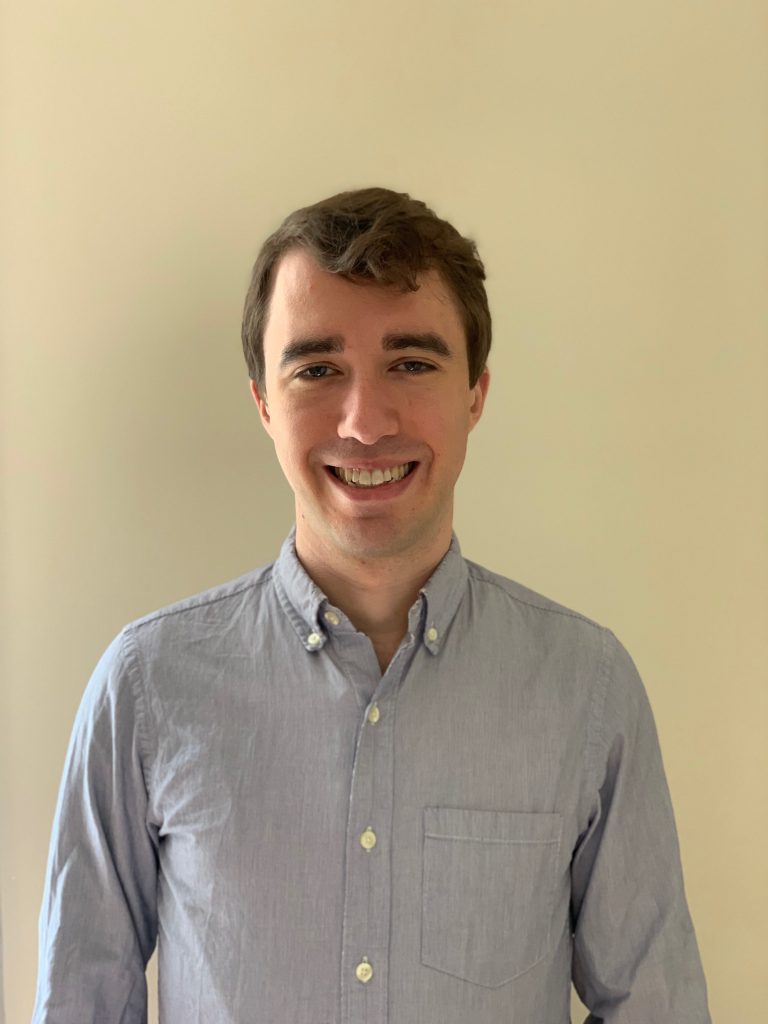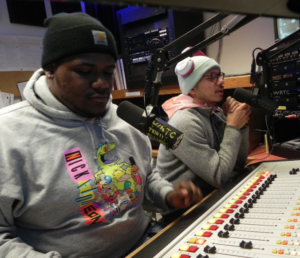Katie Cerulle ’22
Features Editor
In order to celebrate Black History Month, the Black History Month Committee and numerous organizations, including Diversity, Equity and Inclusion, Umoja Coalition, and the Multicultural Affairs Council, came together to host a webinar headlined by Chair of Princeton’s Department of African Studies Dr. Eddie S. Glaude Jr. Dr. Glaude was introduced by Jederick Estrella ’22 and Renita Washington ’22. Glaude is an author, political commentator, public intellectual, and passionate educator. His most recent New York Times Bestseller, Begin Again: James Baldwin’s America and Urgent Lessons for Our Own, takes a wide look at black communities and the difficulties of race in the United States. This theme of dissecting American culture and analyzing its effect on black Americans was a running theme throughout the webinar.
Within his opening remarks, Glaude discussed some of the outstanding perils that currently plague our democracy, referencing the recent attacks on the Capitol and bringing attention to those in power who are supposed to be our leaders. “It feels, and this past weekend seemed to deepen that feeling, it feels as though the norms of our democracy are collapsing right in front of our very eyes,” he added. In addition to this, Covid-19 is still ravaging our country, affecting the black and brown communities at alarmingly higher rates than those of their white peers. This has revealed deep disparities within our healthcare, housing, and societal systems. All of these factors combine with the instances of police brutality that have come to the attention of the American people, broadcasted across the country for all to see. Glaude asked participants to continually question the pillars that construct our society and look within ourselves to correct the division between white and black, poor, and rich, and urban and suburban.
The seminar was moderated by Marissa Howlett ’22 and SGA President Giovanni Jones ’21. The first question asked to Glaude summarized the events spearheaded by numerous coalitions at Trinity over the summer who supplied a list of demands to the administration in order to improve the experience of students of color on campus. Following this brief summary of events, Jones asked Glaude how the students can “maintain our energy and keep striving for change.” Glaude explained that many administrators try and wait out students who are seeking change as they know they will only be at school for four years. Despite this, students must organize and embed change within our campus by keeping underclassmen involved in groups and organizations that strive for change. He added that it is up to students to develop a disposition that sets them up to continue to fight for just causes and hold onto one’s power.
Howelett next asked Glaude whether or not he had “any thoughts about the intersections of public policy and community organizing? How can we use the law to create systemic change?” “Policy is absolutely critical to addressing the deep inequalities that define our society,” Glaude responded. “The reason I say that is because it was policy that created these inequalities” He went on to define numerous historic events, like redlining, that continue to affect present day communities.
Tiana Starks ’21 asked Glaude for “one piece of advice that you were given that you didn’t know you needed as an adult?” Glaude answered this question by telling a story about his own father. He explained the complicated relationship that the two had as Glaude was deathly afraid of him, yet sought his approval. However, in the fourth grade, Glaude had a white school teacher named Mrs. Davis, whom he was not fond of. One day, when Mrs. Davis was going onto a particularly offensive tangent, Glaude screamed at Mrs. Davis that she was a racist and stormed out of class. Despite what he thought of his father, his father pulled him in close and told him, “[I]f anyone says something like that again, you stand up for yourself.” Glaude then continued to explain that his father planted a seed within him that grew into an undying desire to fight for his own sanity and justices. He added that the advice that he received from his father resulted in a determination to assert that he will bend his back for no one.
The conversation continued with a few remaining questions from Trinity students. Once the question were all answered, Glaude urged students to never give up fighting for justice.







+ There are no comments
Add yours